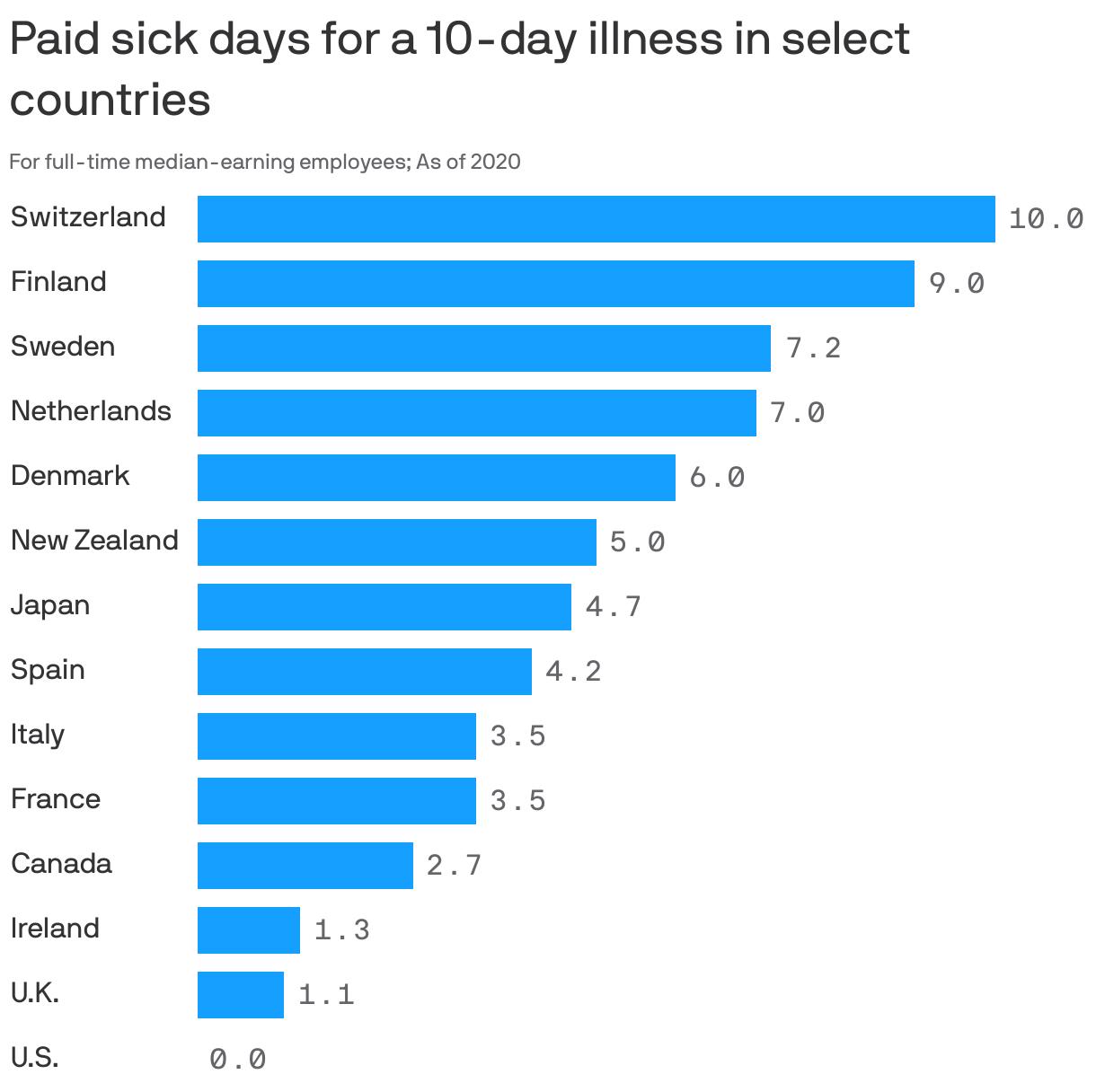Before we start, mariner has been asked about the accuracy and prejudice of his cluster of news sources. Anyone who knows mariner knows he is critical about everything – especially doctored facts. He has collected the best commentary, best fact checking and least biased reporting available. That being said, the two news sources below aren’t trying to change minds, just enlighten them.
Mariner owes it to his readers to reprint a Protocol (news agency) article that clearly demonstrates how large corporations can erase privacy even for the most personal aspects of one’s life. This issue also begs the question whether super giant corporations like Amazon should be allowed to be so large as to control what should be independent government oversight.
“Amazon announced yesterday that it’s buying its way into a huge slice of health care provision with the acquisition of One Medical for nearly $4 billion. It claims the deal will allow it to “reinvent” health care, and it’s raising some eyebrows.
One big concern with the deal: data. Health care companies hold a massive amount of information, especially in the age of telehealth. The deal gives Amazon new ways to glean data to help it build AI, Protocol Enterprise reporter Kate Kaye writes.
One Medical operates clinics throughout the U.S. and already has roughly 800,000 members enrolled for both in-person and virtual services. Amazon will have access to a treasure trove of valuable data for AI health products.
This means that talking with your doctor could be used to improve things like voice-enabled health apps or in-office ambient software.
This deal is also unlikely to face antitrust pushback despite its size, Protocol Policy editor Kate Cox told me.
Because Amazon doesn’t yet have a strong foothold in the health care industry, other than its work with Amazon Pharmacy, the deal will likely be viewed by regulators as “competition-neutral,” Kate said.
This reveals a flaw in current antitrust laws, allowing massive corporations to continue to grow their influence: Antitrust laws go after companies that are trying to grow in one particular sector, not “octopus” companies working on a little bit of everything.”
 Join Amazon Prime! Cancer cured with Amazon products. Get Amazon health insurance discounts not based on averages but specifically targeted to your ailments except for existing conditions . . .
Join Amazon Prime! Cancer cured with Amazon products. Get Amazon health insurance discounts not based on averages but specifically targeted to your ailments except for existing conditions . . .
If Amazon doesn’t produce goosebumps, read this article by Axios that reveals Donald’s active pursuit to dismantle the FBI and IRS as part of a scheme to make America great again as a dictatorship, should he be re-elected. Winning aside, his advocates are deadly serious. See:
https://www.axios.com/newsletters/axios-am-ed1e48cc-4d9d-4a23-b2b9-042504d7b0b6.html?utm_source=newsletter&utm_medium=email&utm_campaign=newsletter_axiosam&stream=top
Ancient Mariner

